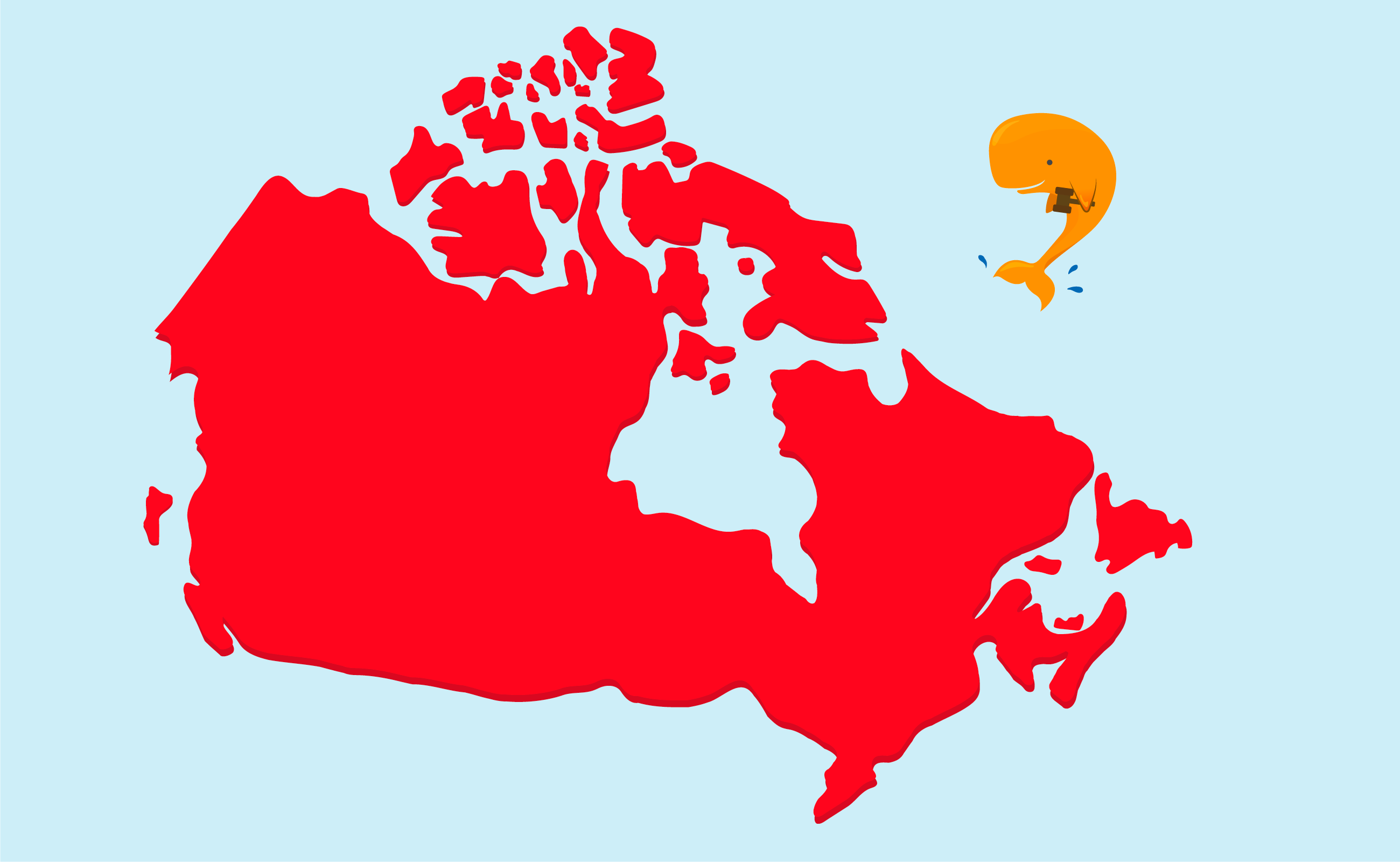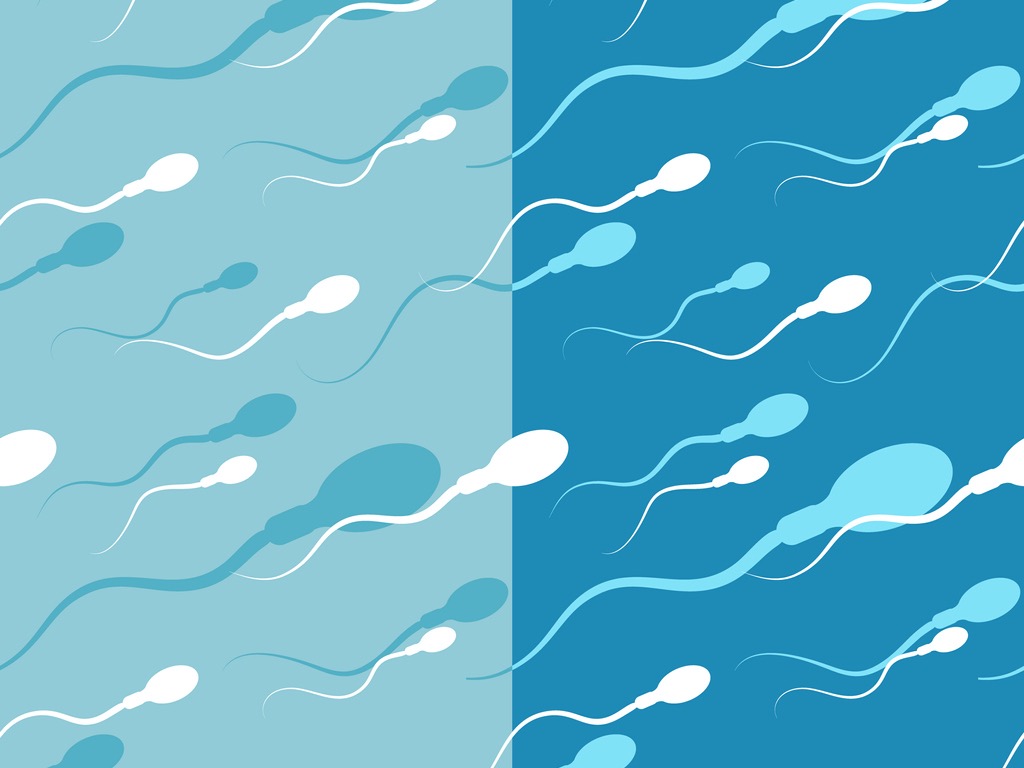Legal parentage in Canada is decided by provincial law. The relevant laws for the couple and the surrogate are determined based on the child’s birthplace.
How do I become the legal parent of a child born through surrogacy in Canada?
- A declaration of parentage or an adoption application is necessary to ensure that the intended parents are recognized as the legal parents of the child born through surrogacy and ART.
There are some provincial differences in surrogacy and gamete donors:
WE STRONGLY ENCOURAGE YOU TO SEEK INDEPENDENT LEGAL ADVICE BEFORE PROCEEDING. THESE LAWS ARE DYNAMIC AND CHANGING.
In Ontario:
- The All Families are Equal Act recognizes surrogacy and gamete donation as a legal way to build families, deserving of protection.
- The surrogate is considered the legal parent at birth.
- There is no need for a genetic link between a parent and a child born through surrogacy.
- Egg, sperm and embryo donors are not considered parents.
- Multiparent families are recognized where there is a pre-conception legal agreement in place.
In Quebec:
- Quebec does not recognize surrogacy agreements.
- A child born through surrogacy must be adopted by the intended parents.
- Egg, sperm and embryo donors are not considered parents.
In Alberta:
- The surrogate is considered the child’s legal parent at birth. A court order may be made, if the surrogate consents, declaring the intended parents to be the child’s parents and the surrogate not to be a parent. There has to be a genetic link between one of the intended parents and the child. Only two parents are allowed per child.
- Surrogacy agreements are valid as evidence in legal disputes but are not directly enforceable.
- Egg, sperm and embryo donors are not considered parents.
In British Columbia:
- The intended parents are considered legal parents from birth, as long as a surrogacy agreement is made before conception, the surrogate provides written consent to the intended parents after the birth, and the intended parents take the child into their care. No genetic link is necessary between the intended parents and the child.
- Egg, sperm and embryo donors are not considered parents.
- Multiparent families are recognized.
In Nova Scotia:
- The surrogate is considered the child’s legal mother at birth. A court order may be made, if the surrogate consents, declaring the intended parents to be the child’s parents and the surrogate not to be a parent.
- One of the intended parents must have a genetic link to the child.
In Prince Edward Island and Saskatchewan:
- The surrogate is considered the child’s legal mother at birth. A court order may be made, if the surrogate consents, declaring the intended parents to be the child’s parents and the surrogate not to be a parent.
- Egg, sperm and embryo donors are not considered parents.
In Manitoba:
- The surrogate is considered the child’s legal mother at birth, and the surrogate’s husband is registered as the child’s father. A court order is required to declare the intended parents to be the child’s parents and the surrogate and her husband not to be the parents.
In Newfoundland and Labrador:
- The surrogate is considered the child’s legal mother at birth. A court order may be made, if the surrogate consents, declaring the intended parents to be the child’s parents and the surrogate not to be a parent.
In New Brunswick, Northwest Territories, Nunavut and Yukon:
- No specific provisions regarding surrogacy.











